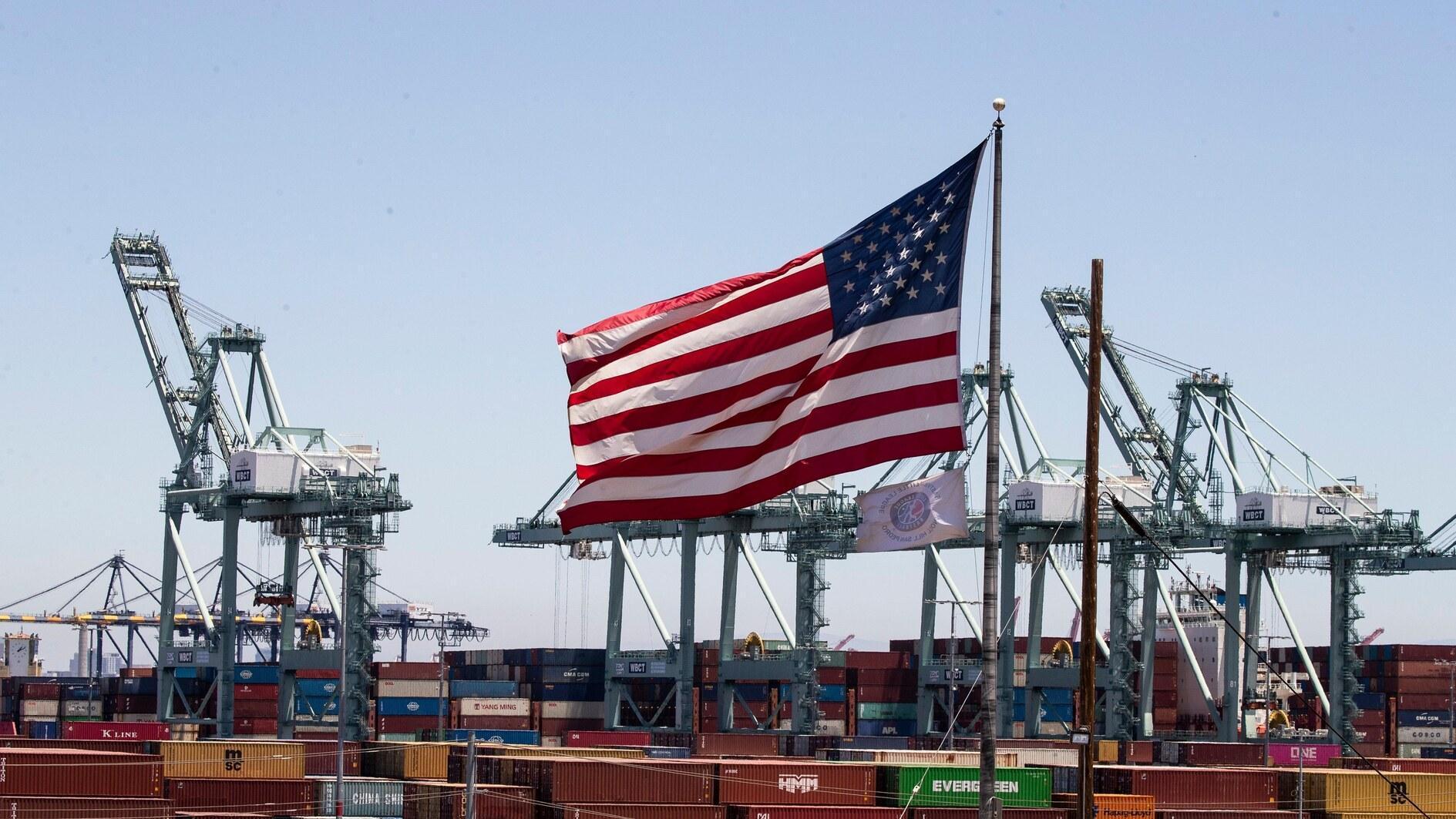
A formidable set of cards that includes granting access to its vast market and an ability to withstand economic pain will allow Beijing to play hardball in upcoming trade talks with the United States in Geneva, analysts say.
Trade between the world's two largest economies has nearly skidded to a halt since U.S. President Donald Trump slapped China with various rounds of levies.
With additional measures, tariffs on many Chinese products now reach as high as 145 percent, with cumulative duties on some goods soaring to a staggering 245 percent.
Beijing has responded with 125 percent tariffs on U.S. imports.
But after weeks of tit-for-tat escalation that sent global markets into a tailspin, the two powers will meet this weekend for a chance to break the ice.
Washington has said it's not expecting a "big trade deal" that could address Trump's longstanding complaint about the major goods imbalance with the export powerhouse, but it is hoping the two sides can at least begin to de-escalate tensions.
Beijing has vowed to stick to its guns and insisted its demand that all U.S. tariffs be lifted remains "unchanged."
Analysts say, however, China is in no major rush to make a deal.
"Beijing can impose some pain on the United States," Chong Ja Ian, associate professor of political science at National University of Singapore, told AFP.
China's core strengths going into the talks are its huge domestic market, as well as "key technologies and control of a significant proportion of processed rare earth minerals," Chong said.
Compared to its approach during Trump's first term, Beijing's response to his tariffs this time has been "more mature," said Dylan Loh, an assistant professor at Singapore's Nanyang Technological University.
"There's no wild bluster," he explained.
"I think they have learnt from their earlier responses and they know that they cannot be led by the nose," he said.
Analysts say China has been able to take more of a hardline posture to Trump's tariffs this time, despite its struggling economy.
"It still has meaningful retaliatory tools an, just as important, staying power," said Lizzi Lee from the Asia Society Policy Institute's Center for China Analysis.
China's autocratic system, she said, allowed it "to absorb economic pain in ways democracies often cannot."
Beijing has also concurrently launched a charm offensive aimed at tightening trade ties in Southeast Asia and Europe.
That move allowed Beijing to "build buffers" against trade war vicissitudes, Lee said.
"It won't replace the U.S. market overnight, but every incremental diversification reduces exposure and increases negotiating room," she added.
Sales of Chinese goods to the U.S. last year totalled more than $500 billion,16.4 percent of the country's exports.
While not as colossal as China's export levels, U.S. shipments to the country last year were a considerable $143.5 billion.